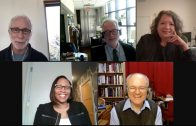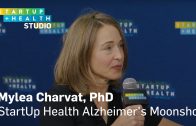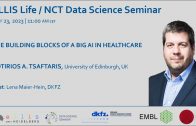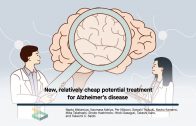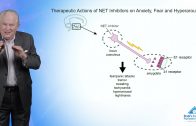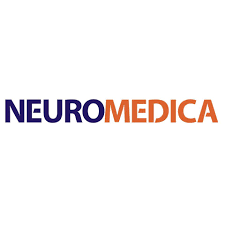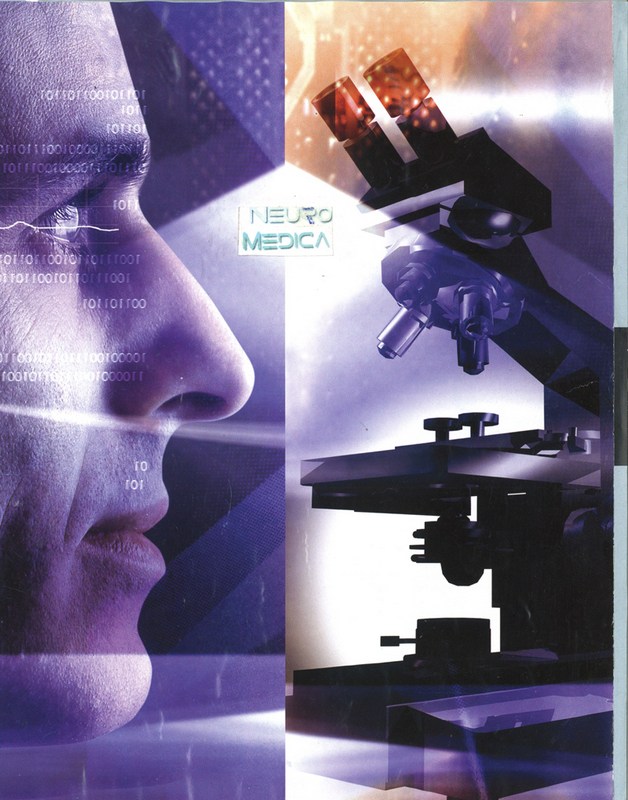Alzheimer’s: Why Haven’t We Solved It Yet – Day 2
There are more than half a million Canadians currently living with dementia, including Alzheimer’s, the most common type of dementia. By 2031, that number is expected to rise to close to a million. Globally, the numbers are even more shocking. By 2030, an estimated 70+ million people worldwide will be living with Alzheimer’s or a related dementia.
Age is a well-known risk factor, but age alone is not a cause of Alzheimer’s, nor is Alzheimer’s a normal part of aging – and it is quickly becoming a global health crisis that we simply can’t afford to ignore. So, why do we still have more questions than answers when it comes to prevention, new treatments, and ultimately, the ability to prevent its occurrence? This event aims to address those questions and provide answers about the current state of research.
This two-day event focused on making current dementia research accessible for both researchers and the public. We need our communities to be better informed about this disorder and ultimately to act as ambassadors for dementia research. Where there is science, there is hope.
Contents:
0:00 – Jay Ingram, recap of day 1
0:58 – Dr. Janet Rossant, President & Scientific Director, Gairdner Foundation
9:28 – Dr. Kenneth Rockwood (Dalhousie University) – “Frailty as a Risk Factor for Alzheimer’s”
41:28 – Dr. Sylvie Belleville (Université de Montreal) – “The Importance of Accounting for Reserve and Resilience in Understanding Alzheimer’s Disease and Its Progression”
1:24:00 – Dr. Lisa Barnes (Rush University Medical Center) – “The Importance of Diversity and Inclusion in Clinical Studies of Alzheimer’s Disease”
2:04:55 – Dr. Donald Weaver (Krembil Brain Institute, University Health Network – “Alzheimer’s: Why haven’t we solved it yet”
2:46:08 – Panel discussion
3:26:03 – Closing Remarks – Dr. Donald Weaver, symposium Co-Chair
